Most people don’t closely analyze what type of media they consume. Sure, they’ll look over the summary of a movie or maybe even glance through reviews, but they won’t try to understand how it could impact future choices they make. If you were to explain to them that bingeing romance movies heavily increases their chances of developing certain ideas about what a romantic relationship should be, as well as influencing the type of romantic partner they will want in the future, would they reconsider what they watch?
Younger audiences tend to be influenced by romance portrayed in movies, as most of them haven’t had the time to actually form enough genuine relationships. They tend to idealize certain relationships and use romance that’s portrayed in films and in television shows as a sort of guide for how they should live their lives or what choices they should make.
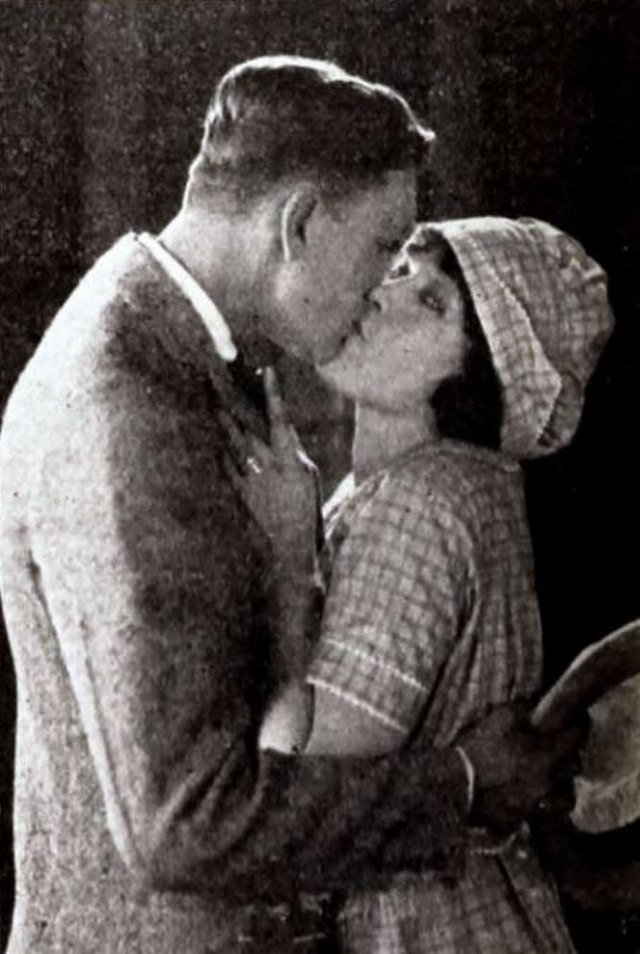
This type of mirroring behavior is common regardless of the genre of the film, as there has been research conducted about the effects of film on adolescents. “Children’s lifetime superhero exposure may influence children’s risk-taking. Given American children’s substantial media exposure, research should continue to unpack the role of superhero media on children’s unintentional injury and other health risk behaviors.”1
To give an example of this, we have eighteen-year-old Elle Williams who has just started attending college away from her hometown, meaning she doesn’t have her friends around her to make her feel comfortable when she’s attending school, and she has no relatives living near her. She feels alone. All she wants is someone around her who cares. It’s hard living in a cramped dorm with no one to really speak to. All she does is watch movie after movie, barely making any friends as she’s holed up in her room, but can you really blame her? Almost everyone she’s tried to interact with is doing the same thing. Most people just don’t look too excited to have a conversation with a complete stranger. It’s not like Elle was completely friendless; she had a total of two friends that were not from her hometown. While she’s happy to even have any friends in college, she would be lying if she said she wasn’t upset when they couldn’t hang out more often with her. Her friends both had significant others, which meant that they would hang out with them rather than with Elle. While she was obviously happy for her friends, she couldn’t help feeling a tad envious. Elle had never had a serious relationship before. She had small crushes on people every other week, which would usually fade in a few days. Being the single friend really bummed her out; what was it about her that was unappealing? Why couldn’t she be swept off her feet by an attractive person and go on cute dates just like every other person was experiencing?
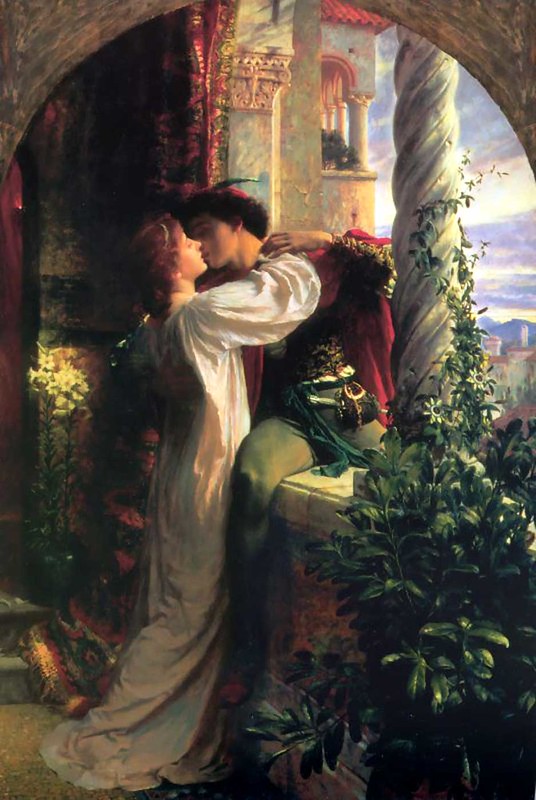
That was just how her life went. At least, that’s how it went until she met Daniel. Now Daniel was Elle’s dream guy. He was slightly taller than her, usually had a pair of wired earbuds stuck in his ears regardless of whether class was in session or not, and he wore oversized sweaters. Now, this might not seem like the most attractive person in the world, but to Elle, he was. Elle was experiencing the eros style of love, which is one of the six styles of love. She placed him at an “ideal” image of physical beauty, where she’s immediately drawn into him to the point where she disregards any immediate red flags in his behavior. But, to be fair, this is something that is normalized in romantic films, as it’s not revealed until the climax of the movie what someone’s true intentions are, or at least by then the rose-colored glasses come off the main character’s eyes.2
For example, in the movie Clueless, the main character Cher has fallen for a transfer student Christian, who’s unlike any of the boys in her class. She does so much to pursue him, due to her attraction to him, but she doesn’t even see that Christian is just not into her, or any girl for the matter.3
Now the film Romeo & Juliet showcases another big trope, that of love at first sight. One of the main characters, Romeo, goes to a costume party, where he lays eyes on the beautiful Juliet and immediately falls in love with her. This is highly unrealistic; no one actually falls in love with someone that fast; rather, they’re obsessed with the idea of someone.4
The normalization of first love at sight in movies is a very problematical trope, as it’s essentially creating a fantasy of someone you don’t know. This unknowingly influences audiences to create stories about who someone is, rather than actually paying attention to red flags in their behavior. This would ultimately lead to disappointment, as no one can live up to the fantasy that someone has created about him or her. “As the intensity of the longing and the passion felt and why eros disappoints many and drives some to abject despair. But not only is this desired state fleeting at best and unrealistic on the whole, the quest for it also is often self-defeating.”2
From the time they met, Elle and Daniel hung out consecutively for at least four months, where they went on dates and just had fun with each other. Honestly, Elle had been living in this state of euphoria, where everything feels great and nothing could ruin her mood; that is, until one of her friend’s asked if Elle and Daniel were exclusive now. What did that even mean? They hung out with each other almost every other day. Of course they were exclusive; they just hadn’t given it a defining label yet. She had seen enough romance movies to know that everything was fine, and nothing major had happened. She tried to convince herself that their lack of communication wasn’t anything that seriously bothered her; but it really did. “It may be that because the romantic comedy genre attracts a large female audience (Fischoff, Antonio, & Lewis, 1997), filmmakers are intentionally featuring the types of relationships that women want most—those in which both partners discuss the relationship.”6
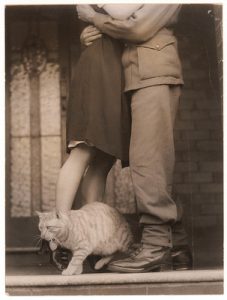
Elle was now experiencing manic love, where she spends all of her free time obsessing over Daniel, and spends countless hours dwelling on all the things that could go wrong, creating more anxiety for her. She realized that she wanted that label “exclusive.” She needed that sense of security. Now, Elle was hoping for a happy ending with Daniel. However, that’s not how it went. She brought up her concerns to him one day, and he told her he never had any intention to be serious or exclusive with her. That broke her heart, and it seriously messed with her perception of romance for a while. But she had to get over it, at least after a few months of crying and watching more romance movies. People could say that watching so many of these movies is what got her here in the first place, and that statement holds some truth to it. Continuing to watch these films, rather than using other resources to help her redefine her concept of a realistic relationship, just perpetuates the challenge of entering into a meaningful relationship with a significant other.
Being able to recognize that movies can influence her choices in romantic relationships is a good thing. This will allow Elle to have a better view of what she values in a partner, and what’s important to her, rather than simply putting up with ambiguity. And now she’s cautious when she views her romantic partners. She no longer idealizes them, and puts them on a pedestal; rather, she is able to hold them accountable for their actions. Galician (2004), an author of a critical analysis of romantic media, argues that people seek romantic content in the media in order to see relationships that appear to work despite all obstacles. Further, previous work has documented that young people seek out romantic media content in order to learn about relationships.6
It’s important for everyone, especially younger audiences, to realize that the types of films they watch do impact decisions they make and how they may perceive themselves. By acknowledging that movies have this type of influence over the way that people think, it’ll become easier to distinguish fantasy from reality, and possibly save someone from another heartbreak, or help them take that leap of faith when meeting someone new.
- Casie H Morgan, Barbara A Morrongiello, and David C Schwebel, “Short- and Long-Term Effects of Superhero Media on Young Children’s Risk-Taking Behaviors,” Journal of Pediatric Psychology 46, no. 7 (August 2021): 779–89, https://doi.org/10.1093/jpepsy/jsaa133. ↵
- Francis Duffy, “Attraction and Love,” Salem Press Encyclopedia, 2021. ↵
- Amy Heckerling, Clueless, 1995, Paramount Pictures. ↵
- Baz Luhrmann, 1996, Romeo & Juliet, United States: Twentieth Century Fox. ↵
- Francis Duffy, “Attraction and Love,” Salem Press Encyclopedia, 2021. ↵
- Veronica Hefner and Barbara J. Wilson, “From Love at First Sight to Soul Mate: The Influence of Romantic Ideals in Popular Films on Young People’s Beliefs about Relationships,” Communication Monographs 80, no. 2 (June 2013): 150–75, https://doi.org/10.1080/03637751.2013.776697. ↵
- Veronica Hefner and Barbara J. Wilson, “From Love at First Sight to Soul Mate: The Influence of Romantic Ideals in Popular Films on Young People’s Beliefs about Relationships,” Communication Monographs 80, no. 2 (June 2013): 150–75, https://doi.org/10.1080/03637751.2013.776697. ↵
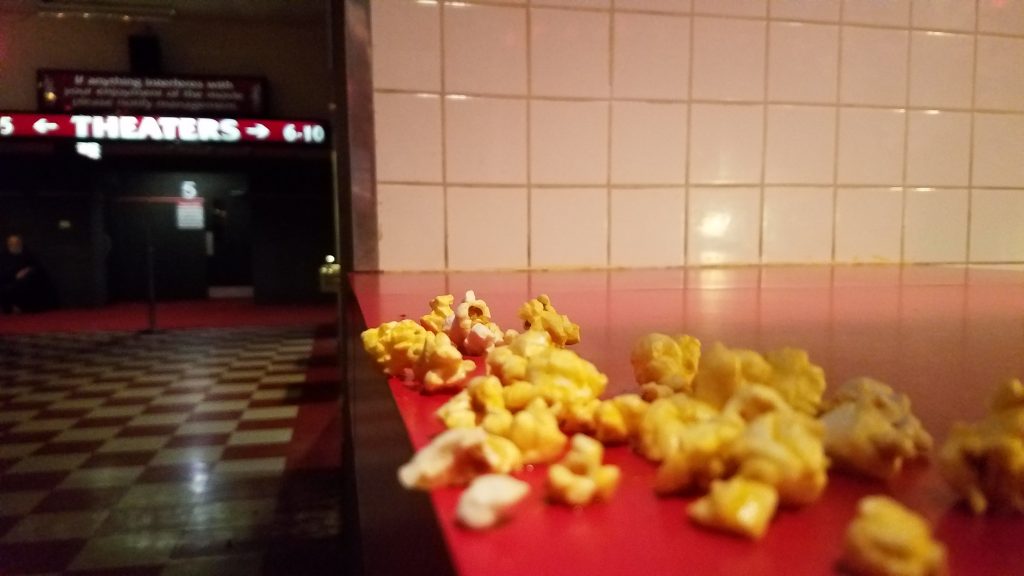
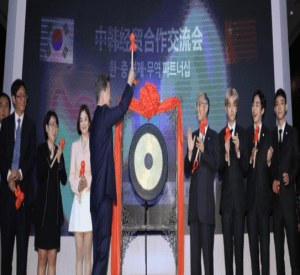
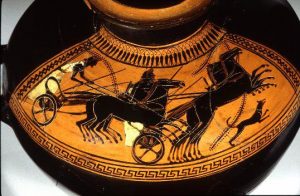
78 comments
Andrea Ramirez
Good article Destiny,
I think it is very true that we do not analyze how the media we consume can impact our future choices, and how it changes our perspectives.
I found it compelling that, many teens and young adults, unconsciously guide their lives and the decisions they make by these media.
Another piece of information from your article that I found intriguing was the study you mentioned the effects of the film on adolescents taking more risk just for watching superheroes movies.
Likewise, I agree that the normalization of love at first sight is a problem because this creates false expectations in young people, and with it, future disappointments.
Finally, that you add the example of Elle and Daniel made the reading very understandable and engaging.
Elizabeth Saxon
This article was very interesting! I really like the way you explained how the media portrays relationships on screen. When you’re a kid, you don’t know better than what you are shown. This creates a false reality for children when they grow and want to find genuine relationships. This article really shows how society is influenced by the media in most aspects of life but mostly romance.
Erika Longoria
This is such an interesting topic that isn’t talked about. This article really makes you think about the reality of relationships. Many people grow up watching all types of different genres of movies and shows, and we don’t necessarily pay attention to how much these things influence us. We perceive romance and have high expectations of our relationships based on what we have seen from romance movies, but many don’t realize that movies aren’t reality. There’s more that goes into a relationship than what is in movies.
Hoa Vo
I like your idea about the perspective of love that you put in this article which is very creative. When talking about love, everyone has their own opinions for “true love” and their standard for their partner. However, sometimes that standard is too high and they want to achieve that love like a love movie series, and they forget the reality. It’s rare to witness love at first sight, but it takes time to understand their personalities through meetings, interaction. In reality, there are many factors that influence your definition of love.
Irene Urbina
I loved this article! I feel like this topic should be talked about more because it is so true. I sometimes rewatch old shows or movies that I watch younger which I thought were so romantic and cute, but watching them now, I notice actions that are not so romantic as I remembered them. I agree that romantic films influence so much how people perceive love and many times I have heard the expression “if they don’t do this, then I don’t want them” which sets expectations on people that will not be satisfied in real life.
Charles Lares
Movies and TV shows that highly show romance has influenced the world that it is possible to have that same relationship they see on the big screen but is it a reality? Most of everything you see in romantic movies don’t face real life issues that couples in the real-world might face for example arguments, separation, and so on. many people believe that what they see on TV is what they want but that shouldn’t be the way it is today. Many people should understand the concepts of real life relationships and understand that in the real-world, there comes rough patches.
JoAnna Mendez
Great job on your article! I love the uniqueness of your topic of choice. Now, when a child is growing, what they watch influences everything. What language they speak, their manners, and so on. Knowing how much we are influenced by what we see, I do not know why it never occurred to me that watching romance movies could have this much of an impact on our romantic life. After reading your article, not only have I realized the influences these films have had on my life, but has also made me wonder what it would be like if we did not have access to these movies. Would we have to depend on our parents’ relationships or our loved one’s relationships to see what a “real” relationship looks like? Do you think this could be the reason why so many people back then dealt with domestic violence? If somebody grew up seeing abuse as a normal thing, don’t you think this would influence their own romantic relationship?
Eliza Merrion
This article was extremely interesting to me and offered a different approach to romance movies than I had heard before. Romantic comedies are some of my favorite movies, so it was very intriguing to read that they can have a negative impact on viewers. However, it makes sense that people can build these false perceptions of love based off of these types of movies. I really enjoyed the paragraph of your article where you discussed “the rose-colored glasses,” this idea relates to many aspects of life outside of romanic relationships.
Paula Ferradas Hiraoka
This article was really interesting for me. As a person who grew up reading books I had a sense at my age for what is “good” or “bad”. Now, books nowadays and movies are influencing to younger generations, who now “romanticizes” some certain attitudes from different fictional characters. It was a really good job of how you managed to bring different examples of this “romances” and certainly opened my eyes of how can society can be easily influenced.
Anissa Navarro
This is such an interesting topic to write about; I have talked to people about how the movies we grew up watching had basically influenced our lives. I know as a child I had always wanted a boyfriend like Troy Bolton from High School Musical, but that was what I grew up with and I had to realize he was a fictional character. It is so interesting how a child’s mind can be influenced by pretty much everything. I think your article could have also been tagged along the lines of psychology if you had just gone into more detail about why our mind is influenced so much.